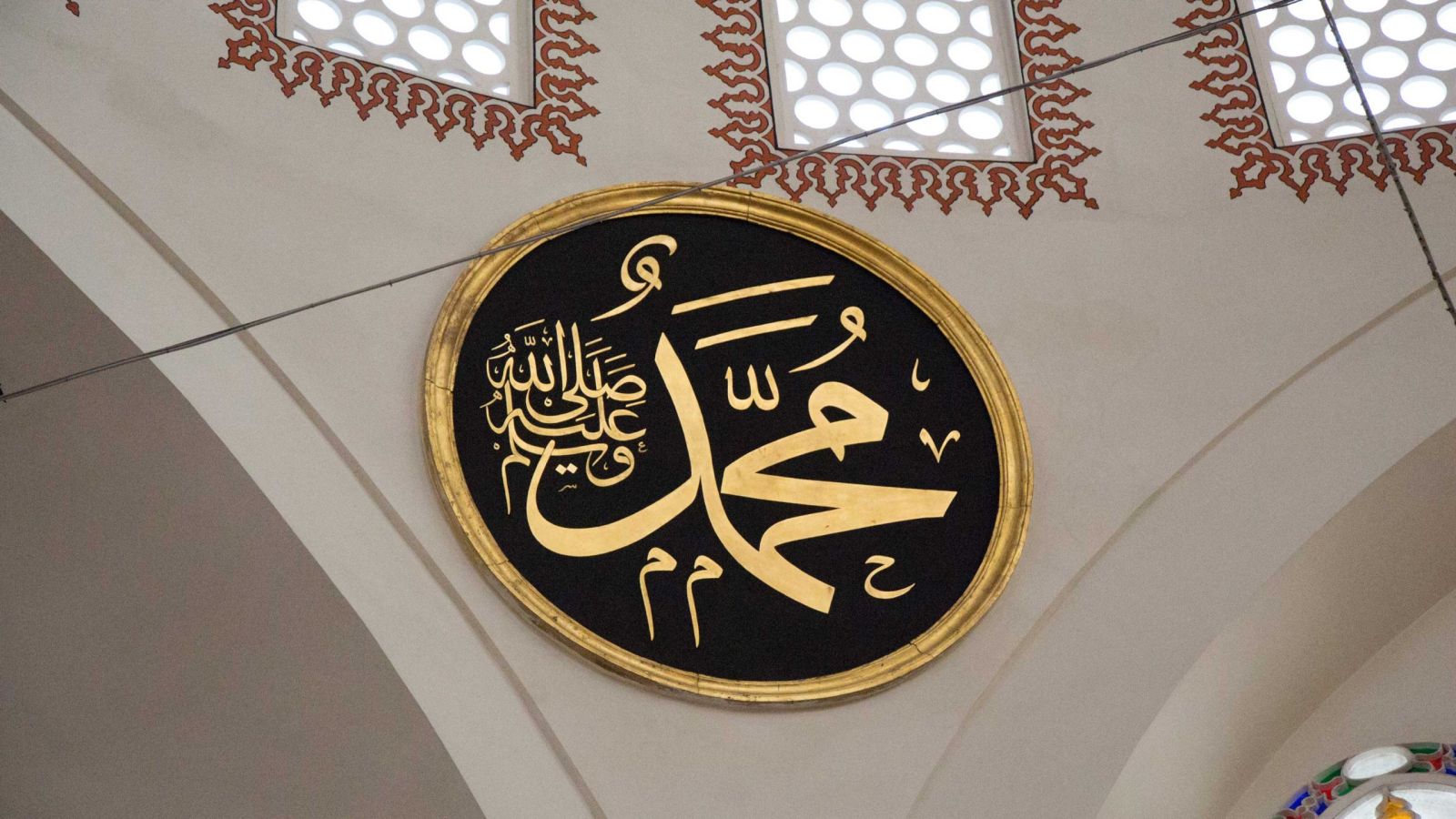The Islamic Ruling of Elaborate Wakes for the Deceased
The Permanent Committee for Islamic Research and Fatāwá


The Permanent Committee for Islamic Research and Fatāwá were asked:1
[Q]: We have taken on the habit in our country of prolonged gatherings [or wakes] as a way of condolence on the occasion of someone’s death. These gatherings last for a week or more and have become extravagant; we spend large sums of money on sacrifices [for our guests] and other opulence. To the point where those sending condolence for the dead may exert themselves by traversing long distances [only for the purpose of these wakes]. Moreover, they may speak at length concerning those who choose not to be in attendance, associating them with stinginess and abandonment of that which they assume to be obligatory on the occasion of a death.
[A]: Condolences are legislated to encourage patience concerning the affliction that has occurred. However, these prolonged, habitual gatherings, as they have been described, are not from among the practices of the Prophet [ﷺ] or his companions. Thus, this habit the people have adopted of orchestrating gatherings of condolence to the extent they erroneously believe it from this dīn and spend untold large sums of money on it, perhaps utilising money bequeathed [by the dead] for orphans, completely negating their upkeep, and blaming those who choose not to participate, just as they would blame those who do not take part in a confirmed Islamic ritual: this is all from among the blameworthy innovations that the Messenger of Allāh [ﷺ] informed us of saying:
‘Whomever innovates in our religion that which is not from it will have that which he innovated rejected [by Allāh].’
And in another ḥadīth:
‘Take hold of my sunnah, and the sunnah of the rightly guided khulafāʾ after me, bite firmly onto it with your molars. I caution you from affairs of innovation, for truly every innovation is an act of misguidance.’3
Thus, he ordered following his sunnah, and that of the rightly guided khulafāʾ thereafter. They never took part in such gatherings. He has also cautioned against newly invented matters in this dīn, labelling it all as misguidance. Therefore, Muslims should cooperate with one another in rejecting such evil practices, striving towards its complete abolishment, for the sole purpose of following the sunnah and protecting the time and money of the people. Additionally, to alleviate the exacerbation of despair and to refrain from vainglorious sacrifices [of animals for participants], and the travelling of those wishing condolences, and the prolonged purposeless sittings [with them]. Let them be content with the practice of the ṣaḥābah and pious predecessors who used to offer condolences to the family of the dead, consoling them, making ṣadaqah on behalf of them, and making duʿāʾ for them, requesting mercy and forgiveness for them.
May the peace and blessings of Allāh be upon our Prophet and [the believing members of] his family.
Endnotes:
- Source: Fatāwá al-Shaykh al-Albānī: 69
- Narrated by al-Bukhārī: 2697 and Muslim: 1718
- Narrated by Ahmad: 17144, al-Tirmidhī: 2676, and Ibn Mājah:44.
Translated by: Riyāḍ Al-Kanadī

















